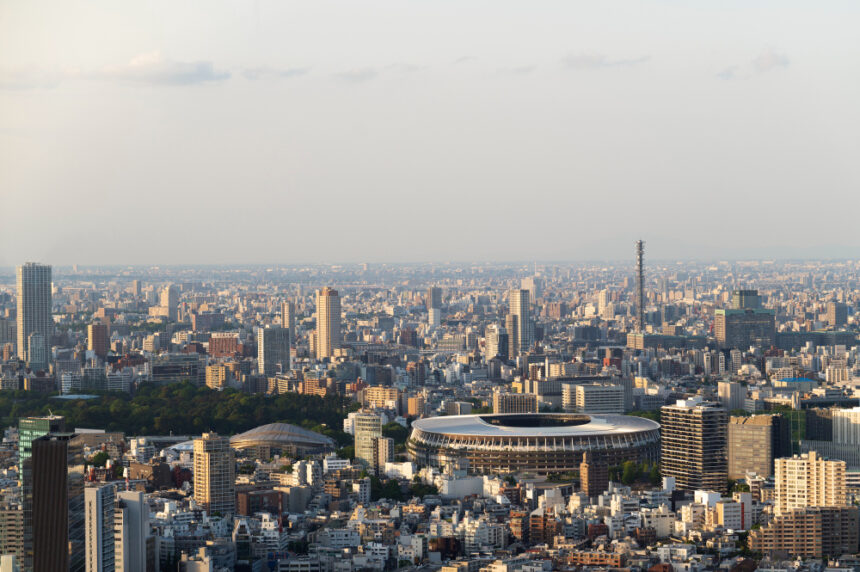The Paris Olympics, planned to be held in one of the most outstanding cities in the world, were planned to be a colorful and outstanding demonstration.
Strength in unison and aptitude to portray the history and culture of France on an international platform. However the whole world had assembled for the Games, for the sporting extravaganza, it was suddenly all too visible that climate change had plunged a dark shadow over the event.
What was expected to be a symbol for humanity’s triumph and resilience was a grim wake-up call in the face of climate change. The question on everybody’s lips was not the medals or records, but “Is this for the Games?”
Extreme Weather Conditions
Indeed, perhaps one of the most blatant effects of climate change on the Paris Olympics was the incidence of harsh weather. Once a season of moderate temperatures and pleasant weather, summers in Paris had turned hot and comparatively harsh.
High temperatures turned the city into a hotbed of baked streets as heatwaves ravaged the region, setting records with increased thermal levels.
High temperatures affected participants, observers, and other stakeholders who adequately could not handle the heat affecting the sport, causing emergent photographs and consequently changing match times or venues.
Marathon runners, for instance, had it worse, which showed that they were challenged way beyond the limit that they would have imagined. Heat affected not only the performances but also threatened the lives of the athletes, who witnessed almost a record number of heatstroke cases.
The city was not built for such dramatic temperatures, and therefore the facilities burned out when trying to respond to the spate of heat stroke and dehydration emergencies.
Impact on Outdoor Events
The consequences of climate change affected not only the scorching temperatures. Heavy rain perceived as a rarity at this time of year became the frequent leitmotiv during the Games, and the outdoors suffered for it. Snowstorms disrupted flights and significantly affected hotels and destinations, and heavy rain not only led to cancellations but also flooded venues, making it dangerous to accommodate guests.
Such athletes as those in rowing, cycling and tennis were usually faced with unpredictable weather conditions that complicated the fairness and safety of the events.
Tourism and Local Economic Development
Besides these direct effects, it is also important to note how climate change affected the so-called atmosphere of the Olympics. Paris, which is one place that people would usually flock to due to tourist attractions, experienced a massive loss of tourists due to the harsh weather.
What was a great motivation to be able to watch the Olympics in one of the best-looking cities in the world was dampened by the fact that the climate was in distress. This affected hotels and restaurants, which, due to globalization, used to receive a large number of tourists, resulting in high bookings, but regardless of the trend, cancellations became the norm.
Stores that anticipated a boost in patronage due to people from out of town and elsewhere stayed open for business, but the heat trapped everyone indoors.
The expected economic stimulus from the Games never materialised due to the growing organisational experience of a climate that progressively became more unfavourable to mega-events.
A Grim Warning
The Paris Olympics, as a symbol of people’s ability to stand up to adversities and recover, were the last gasp of the world to traverse the distances and assemble in unison, quite literally turning into a harbinger of gloom about the future of such meets in a world plagued with climate change.
The difficulties experienced during the Games made people realize the necessity of combating climate change, not only in order to preserve nature but also because it is as essential to their values as the Olympics.
As the world watched the Paris Olympics struggle against the forces of nature, the question lingered: “Is this for the Games?”
In fact, it was a question about our future—ours, collectively. Contemplating the legacy that the Paris Olympics will leave behind, it might turn out not in terms of records achieved or athletes who have seized the gold; it will be remembered as a call for action: climate change is no longer a future issue; it is very much present.
ASH CK

